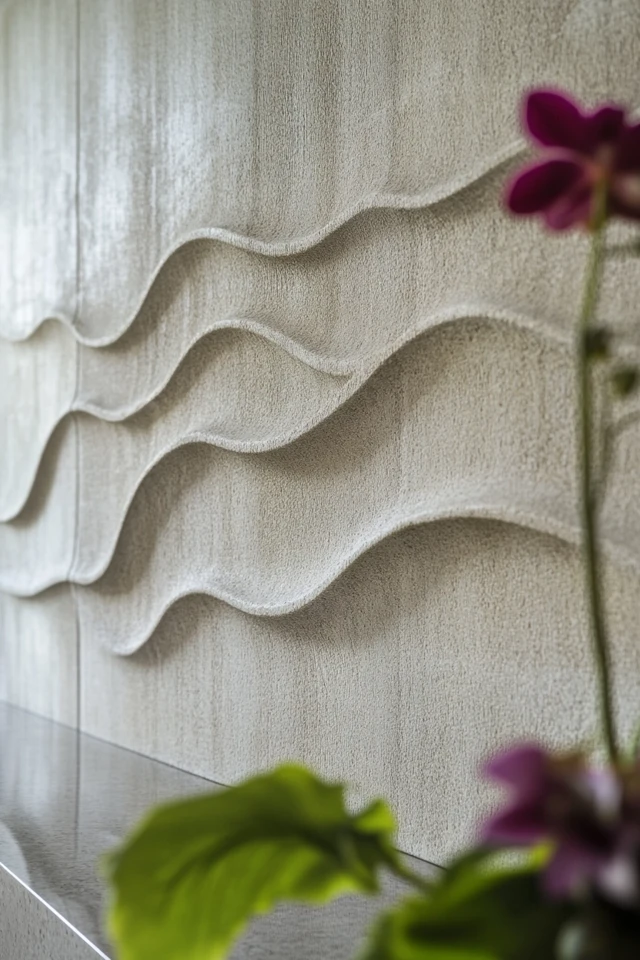Introduction
I’ll never forget the first time I tried my hand at creating an accent wall. It was a cold Sunday afternoon, and I had just moved into my first “adult” apartment—a small, white-walled rental that lacked any character or warmth. I had spent weeks pinning inspiration photos of beautiful, moody accent walls and decided that if I was going to make this apartment my home, I needed to take a bold step. Armed with a can of deep navy blue paint, a brush, and an eagerness to transform my space, I got to work. The result? A dramatic, cozy living room that not only impressed my guests but also became my favorite corner to unwind after long days.
That one wall completely changed the energy of the room, proving that an accent wall isn’t just a design trend—it’s a tool for transformation. Whether you want to add personality to a bland room, create a focal point, or simply experiment with colors and textures, accent walls are the perfect way to make a statement without overwhelming your entire space.
In this blog, I’ll dive into the power of accent walls in aesthetic room design. I’ll cover why they’re effective, how to choose the right wall, and tips for creating a stunning accent that fits your style. Whether you’re a DIY novice or a seasoned decorator, these ideas will inspire you to use accent walls to elevate your space.
Why Accent Walls Are a Game-Changer
1. They Add Visual Interest
An accent wall creates a focal point, drawing the eye and breaking up the monotony of a plain room. Whether it’s a bold paint color, patterned wallpaper, or a textured surface, an accent wall adds depth and dimension to your space.
2. They’re Budget-Friendly
If you’re working with a limited budget, an accent wall is a cost-effective way to make a big impact. A gallon of paint or a few rolls of wallpaper is far more affordable than redecorating the entire room.
3. They Define a Space
In open-concept layouts, accent walls can help delineate different zones without the need for physical barriers. For example, a vibrant wall behind a dining table can set that area apart from the rest of the living space.
4. They’re a Low-Commitment Experiment
Want to try a bold color or a trendy pattern but feel hesitant to apply it everywhere? An accent wall gives you the chance to experiment. If you don’t love the result, it’s easy to change!
How to Choose the Perfect Wall for Your Accent
1. Focus on the Focal Point
Pick a wall that naturally draws attention, like the one behind a bed, sofa, or dining table. This ensures the accent wall enhances the room’s layout rather than feeling out of place.
2. Avoid Walls with Too Many Distractions
Steer clear of walls with windows, doors, or other architectural features that could interrupt the design. A clean, uninterrupted surface will allow your accent wall to shine.
3. Consider the Room’s Function
Think about how you use the room. In a bedroom, the wall behind the bed often works best. In a living room, the wall behind the TV or fireplace might be ideal.
4. Look at the Lighting
Natural light plays a huge role in how colors and textures appear. Choose a wall that receives enough light to showcase the details of your accent design.
Popular Accent Wall Ideas
1. Bold Paint Colors
Sometimes, all it takes is a can of paint to transform a room. Deep hues like emerald green, charcoal gray, or terracotta create a dramatic vibe, while pastels or soft neutrals add a subtle charm.
Tips for Choosing Paint Colors:
- Use complementary colors to tie the accent wall to the rest of the room.
- For small spaces, opt for lighter shades to keep the room feeling open.
- Test the paint in different lighting conditions before committing.
2. Wallpaper Wonders
Wallpaper has made a major comeback in recent years, offering endless possibilities for accent walls. From bold florals to modern geometrics, there’s a pattern to suit every style.
Pro Tip:
If you’re worried about commitment, removable wallpaper is a fantastic option. It’s easy to install and peel off when you’re ready for a change.
3. Textured Surfaces
Add depth to your accent wall by incorporating texture. Popular options include:
- Shiplap or Wood Paneling: Perfect for rustic or coastal designs.
- Brick or Stone Veneer: Adds industrial or farmhouse charm.
- Plaster or Limewash: Creates a soft, organic look with subtle movement.
4. Gallery or Statement Walls
If you’re not ready for paint or wallpaper, use decor to create an accent wall. Arrange a gallery of artwork, mirrors, or framed photos, or opt for a single oversized statement piece.
5. Shelved Displays
Turn your accent wall into a functional masterpiece by adding floating shelves. Style them with books, plants, and decor items to create a layered, personalized look.
Picture Gallery
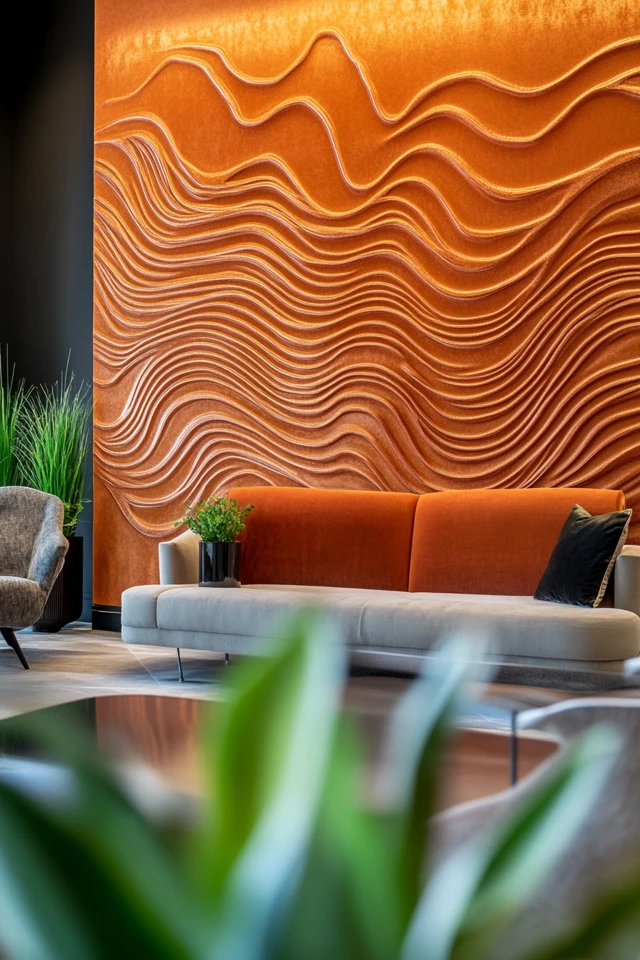
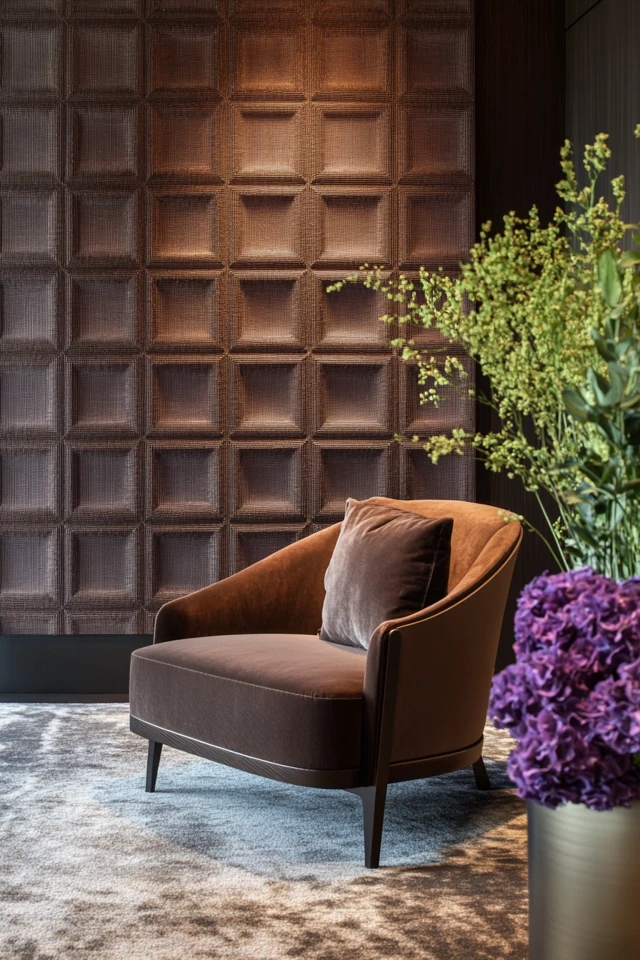
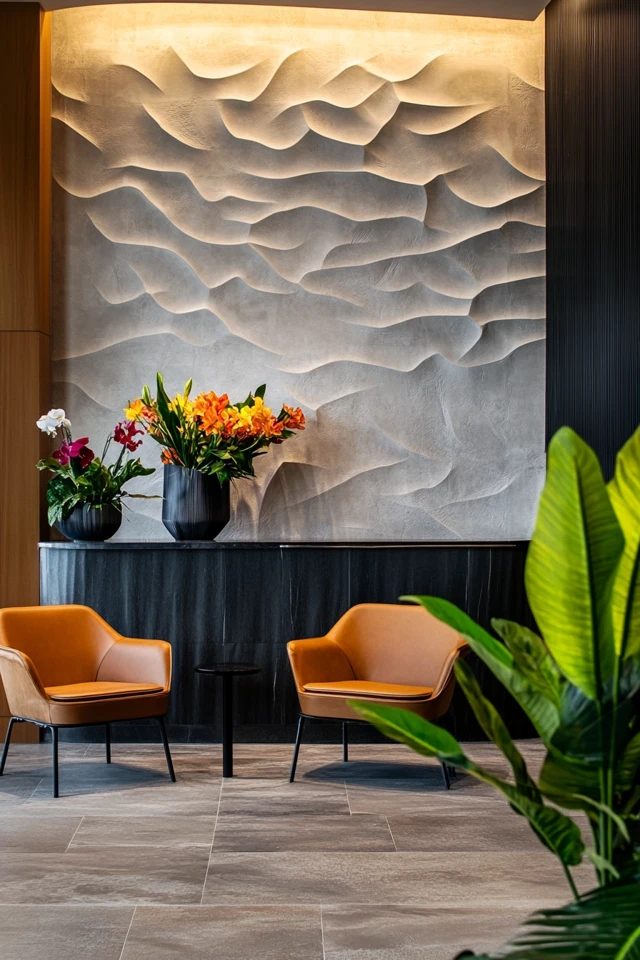
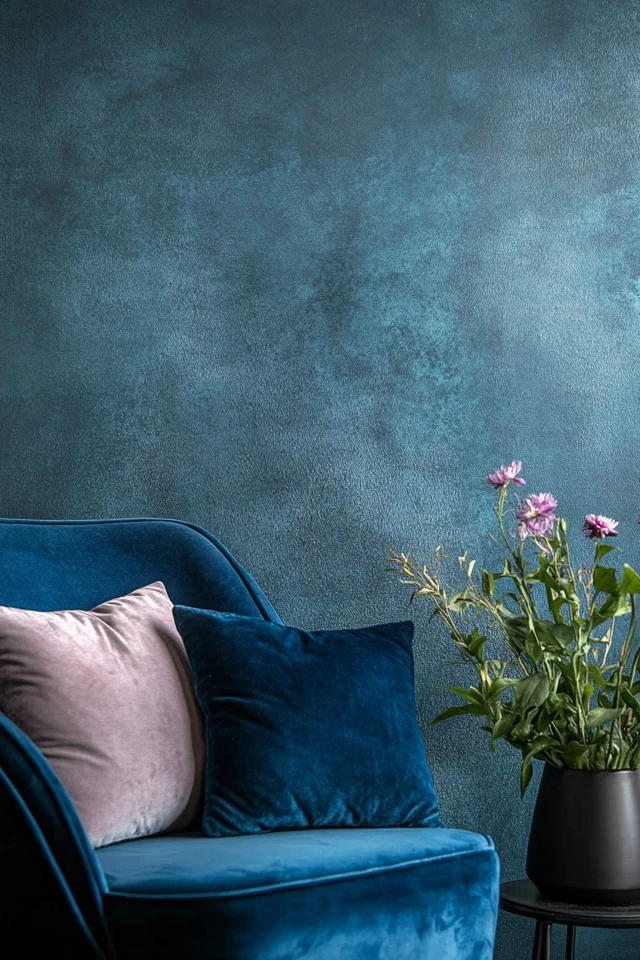
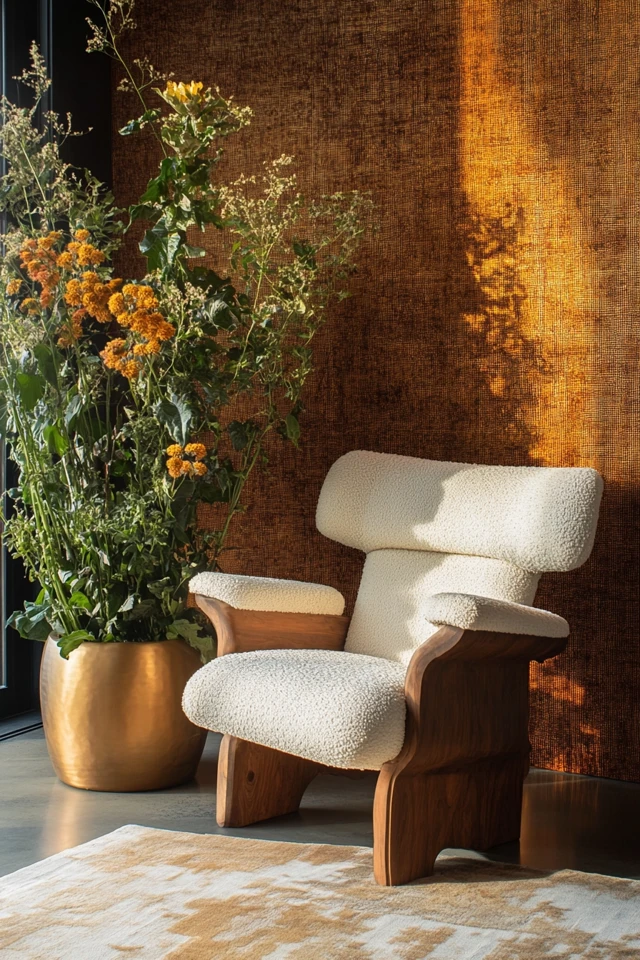
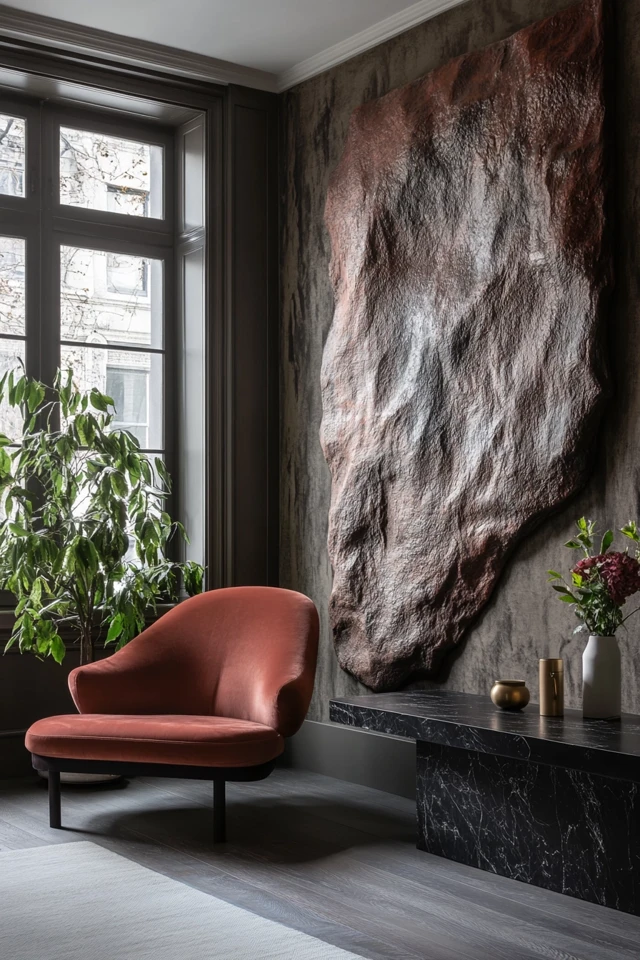
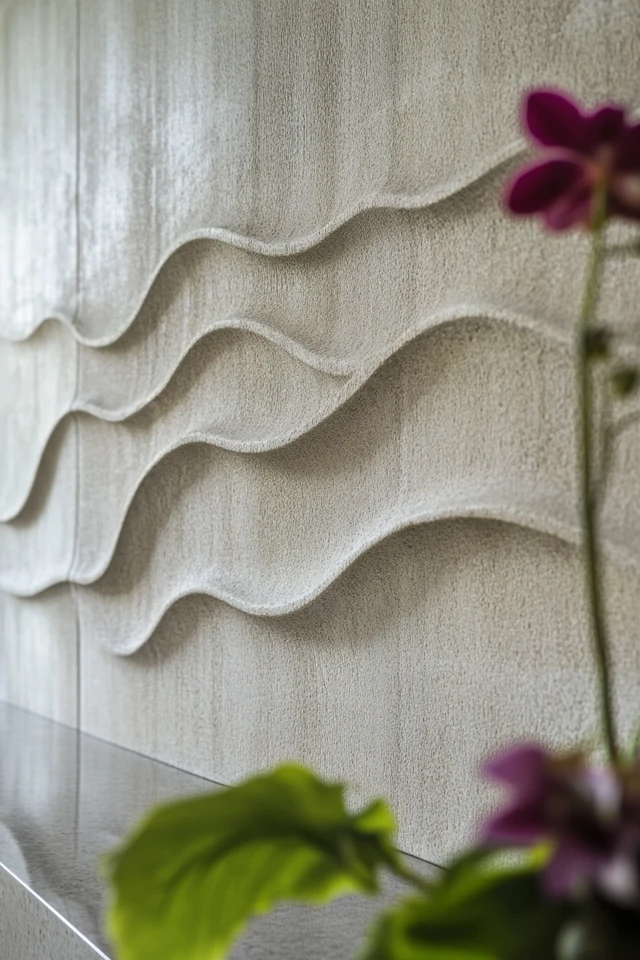
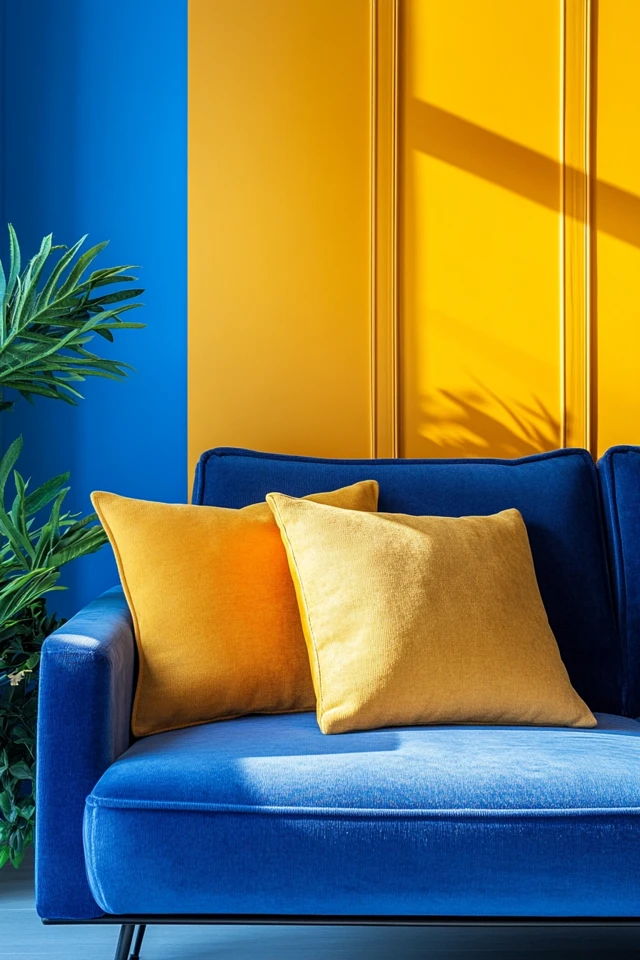
Mistakes to Avoid with Accent Walls
1. Choosing the Wrong Wall
Placing your accent on the wrong wall can throw off the balance of the room. Always pick a wall that naturally draws attention and complements the layout.
2. Overloading with Color
While accent walls are meant to stand out, they should still harmonize with the rest of the room. Avoid clashing colors that feel jarring or out of place.
3. Ignoring Scale and Proportion
If you’re using patterns or textures, consider the size of the room. Large patterns can overwhelm small spaces, while intricate designs may get lost in bigger rooms.
4. Neglecting Finishing Touches
An accent wall isn’t complete without the right styling. Use furniture, lighting, and decor to enhance the wall and tie it into the room’s overall design.
Conclusion
The power of an accent wall lies in its ability to transform a room with minimal effort and maximum impact. It’s more than just a pop of color or a pretty pattern—it’s a statement, a mood-setter, and a way to bring your unique personality into a space.
Reflecting on my first accent wall project, I realize that it wasn’t just about the navy blue paint. It was about the confidence it gave me to make bold design choices and the way it made my apartment feel like home. Since then, I’ve experimented with everything from tropical wallpaper to textured plaster, and each accent wall has brought a new layer of character to my spaces.
So, if your room feels like it’s missing something, consider giving an accent wall a try. Whether you choose a bold color, a patterned wallpaper, or a textural masterpiece, you’re just one wall away from creating a space that wows. Trust me, the results are always worth it.
FAQ
1. What is the best color for an accent wall?
The best color depends on your room’s aesthetic and mood. For a dramatic look, try deep hues like navy, emerald, or charcoal. For a calming vibe, opt for soft blues, greys, or neutral tones.
2. Can small rooms have accent walls?
Absolutely! Accent walls can make small rooms feel larger if you choose the right color or pattern. Lighter shades and vertical stripes can elongate the space.
3. How do I match my accent wall to the rest of the room?
Use a color palette that ties the accent wall to other elements in the room, like furniture, rugs, or curtains. Complementary or analogous colors work well.
4. Is wallpaper or paint better for an accent wall?
Both options have their merits! Paint is more affordable and easier to change, while wallpaper offers endless patterns and textures for a more dynamic look.
5. How do I style furniture around an accent wall?
Keep the furniture simple to let the wall shine. Choose pieces that complement the colors or textures of the accent wall, and add lighting to highlight its details.

